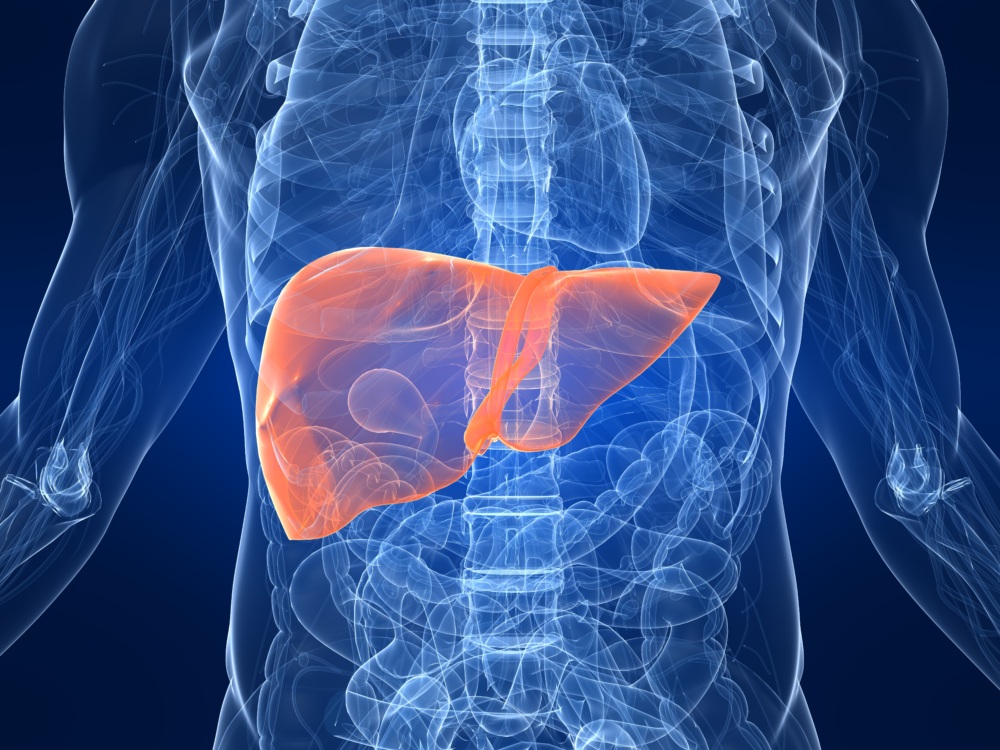What a hepatologist wants you to know about liver cancer

As a board-certified gastroenterologist and hepatologist who diagnosis and treats people with this disease, most of the patients who come through my door are unfamiliar with liver cancer and its associated causes until they’re referred to me. That’s why I want to spread the word NOW about liver cancer so you can understand your risk and lower your chances of developing this life-threatening condition.
What is liver cancer?
Primary liver cancer occurs when abnormal cells form in the liver. This differs from liver metastasis, which is when cancer that started elsewhere in the body (such as the colon, breast or lung) spreads to the liver. For the purposes of this article, I am referring to primary liver cancer. There are several types of liver cancer. Hepatocellular carcinoma (HCC) is the most common form, accounting for more than 80% of liver cancers in the United States. HCC develops in the main liver cells, called hepatocytes. It may be a single large tumor or several small tumors.
Who is at risk for liver cancer?
People who develop chronic liver disease are predisposed to liver cancer. One of the most common causes of chronic liver disease is metabolic dysfunction-associated steatotic liver disease (MASLD), formerly known as non-alcoholic fatty liver disease.
READ MORE | Liver disease vs. liver cancer: What’s the connection and is there a difference?
Risk factors for MASLD include obesity, high blood pressure, high cholesterol, type 2 diabetes and polycystic ovarian syndrome (PCOS). The best way to prevent MASLD is to control your weight, blood pressure, cholesterol and diabetes by eating a healthy diet, exercising and taking the appropriate medications. Do not smoke or use tobacco in any way (if you do, quit), and avoid or limit alcohol.
Two other risk factors for chronic liver disease are hepatitis B and hepatitis C, two viruses that are linked to cancer.
Those at risk for hepatitis B include people born in certain countries where hepatitis B is common, people who were born to someone who had hepatitis B while pregnant and people who have had sex without a condom with someone who has hepatitis B. People who inject drugs and share needles or are on dialysis are also at increased risk. The best way to prevent hepatitis B is through vaccination, which is usually done in early childhood. If you have not been vaccinated for hepatitis B, talk with your health care provider.
Hepatitis C is spread primarily by contact with blood from an infected person. People at increased risk are those assigned male at birth who have sex with others assigned male at birth.; people who share contaminated needles and other equipment to inject drugs; and anyone who had a blood transfusion or organ transplant before 1992. If you were born to someone who had hepatitis C while pregnant, you are also at increased risk. Unfortunately, there is no vaccine for hepatitis C, but get tested according to guidelines, and if you test positive, get treated for the virus to prevent liver cancer. The best way to avoid the virus is to practice safer sex and avoid sharing needles.
All adults should be tested at least once in their lifetime for hepatitis B and C. If you are pregnant, talk to your obstetrician about screening (which should happen during each pregnancy).
What are the symptoms of liver cancer?
For some cancer types, you can get routine screenings starting at a certain age. For those at average risk, cervical cancer screening starts in your 20s. Breast cancer screening starts at age 40. Colorectal cancer screening starts at age 45.
What about liver cancer?
Unfortunately, there is no routine screening available for liver cancer. That is why it is important to recognize the symptoms and to reach out to your health care provider if you’re experiencing:
- Decreased appetite
- Unexplained weight loss
- Abdominal pain, particularly on the right side
- A hard lump on the right side, below the rib cage
- Yellowing of the skin or eyes
- Persistent itching
People who have certain risk factors—including those with advanced liver disease (cirrhosis) and those with family history of liver cancer—should get screened for liver cancer with a screening test. These tests are often used for diagnostic liver cancer testing but are not available for routine (asymptomatic) screening of the general people.
READ MORE | What’s a leading cause of liver cancer and how can I protect myself?
Liver cancer is a serious disease, but taking steps to reduce your risk of the conditions that can cause liver cancer can go a long way in staying ahead of cancer.

Mitchell Kang, DO, is a board-certified gastroenterologist and hepatologist with the Mid-Atlantic Permanente Medical Group. He sees patients at the Kaiser Permanente Caton Hill Medical Center.